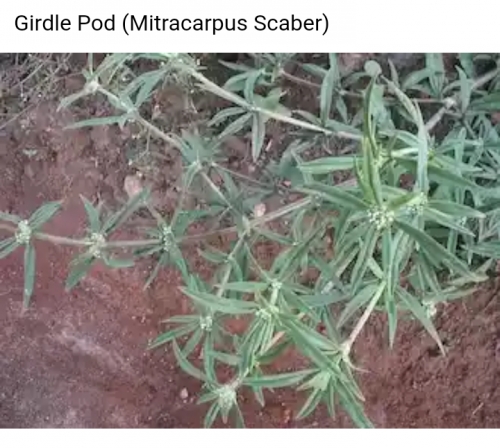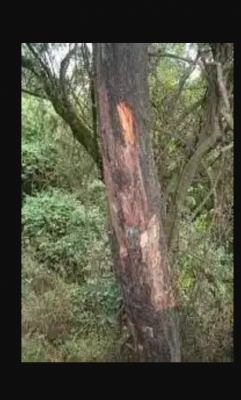Chimosky
Others : I'm A Solar Energy Consultant And Designer
Wants to meet Engineers : Those Into Construction And Installation Of Solar Energy System
Articles
144
Followers
53
profile/6041Screenshot_20200704-070554.png
Chimosky

GIRDLE POD AND IT'S MEDICINAL USES
~0.4 mins read
This plant is known as Irawo Ile among the Yoruba’s in Southwestern Nigeria. It is called Gudugal in Hausa and Obuobwa or Ogwungwo in Igbo.
It uses include:
profile/6041Screenshot_20200704-070554.png
Chimosky

BENEFITS OF RED STINKWOOD TREE
~1.4 mins read
It belongs to the Rosaceae family and it is also called the red stinkwood tree. It is called emi or olowomefa in Yoruba ka'danya in Hausa and osisi in igbo The plant is called stinkwood because it has wood with an unpleasant odour. The The dull gray to brown bark is pulverized by the traditional healers and used to treat a number of health conditions including Benign Prostatic Hyperplasia (enlargement of the prostate) among males over 40 years old, erectile dysfunction, urinary tract disorders, kidney disease, male baldness, stomach upset, chest pain and inflammation. The bark is also used in the treatment of stomach ache and wound dressing. Apart from the bark, the leaves of Prunus africana are also used to treat some diseases. An infusion of the leaves is traditionally used to improve appetite, treatment of genital infection and hirsutism (a condition of unwanted, male-pattern hair growth) in women.
Advertisement

Link socials
Matches
Loading...
